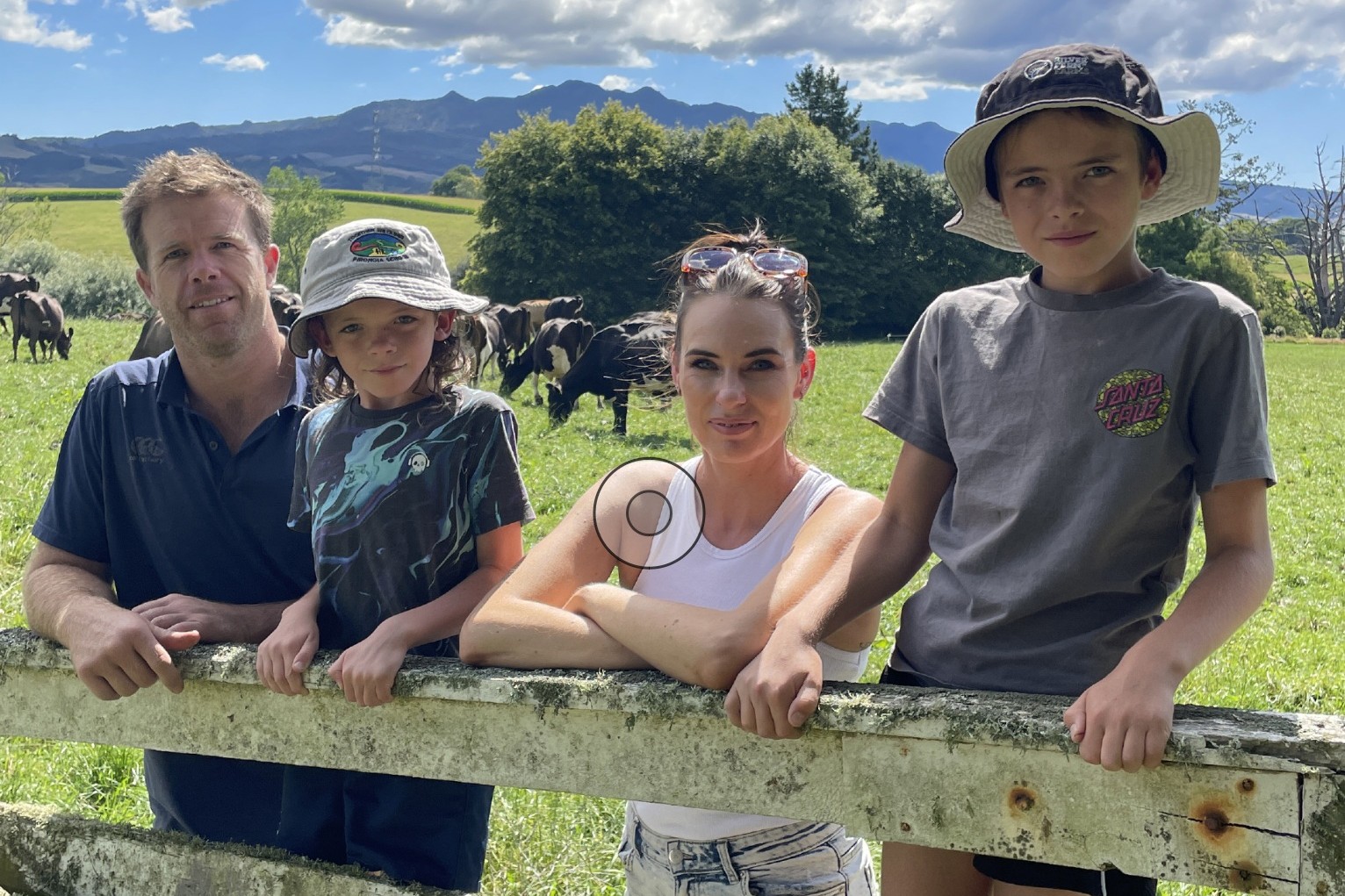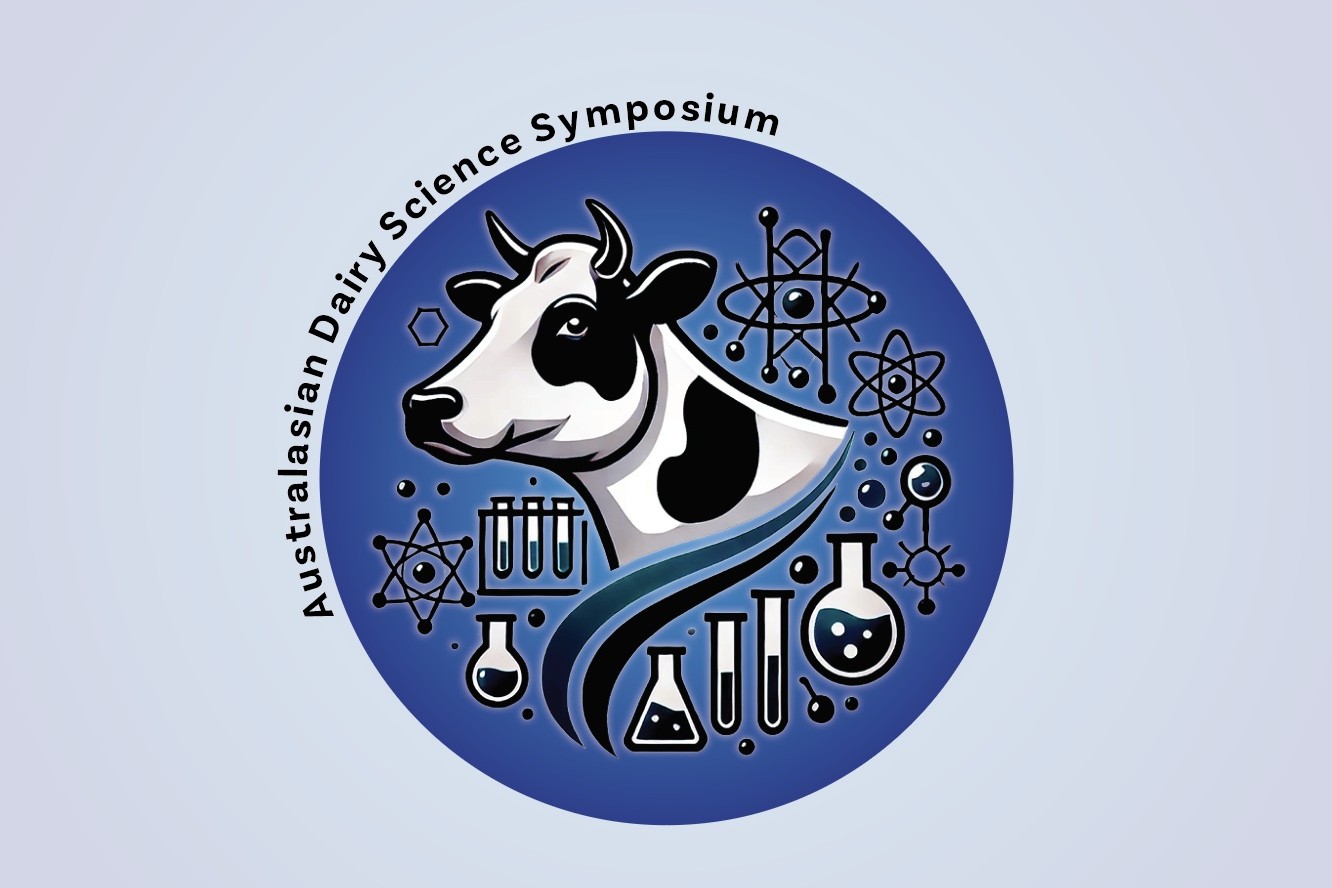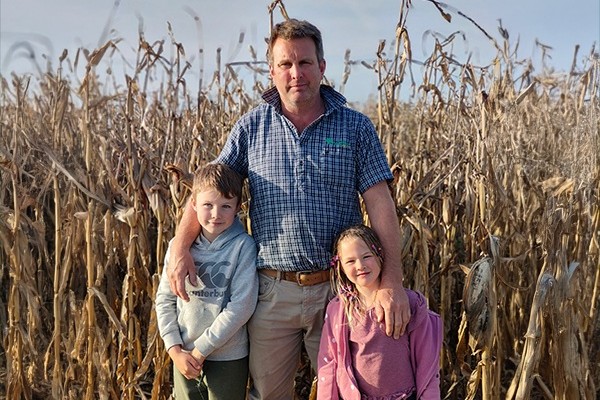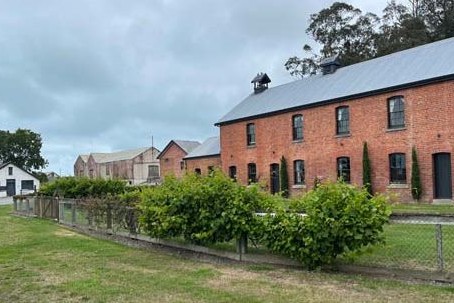Sheryl Haitana
Miah and Jenny Smith continue to forge ahead with converting their Atiamuri dairy farm into a diverse pasture and herbs milking platform.
There are worms galore and the topsoil is building up in the paddocks where they’ve planted more than 20 different species of pasture and herbs.
“The way my soil changed after one year, I want all my paddocks like that.”
Since Dairy Exporter visited the couple in November 2018 they have planted 20 hectares in diverse mixes and will plant another 20ha this spring.
“It will be our summer crop instead of chicory. That’s our plan and we will have a 40-day round instead of a 20-day round,” Miah says.
“The diverse pastures don’t like a short round, I’m finding they don’t recover as well. If you leave it longer it comes back better.”
The biggest challenge of converting to diverse pastures is getting used to changing those post-grazing residuals, he says.
“It’s a different mindset. You have to manage it differently which is the hardest part.”
Leaving a longer residual helps to feed the soil with the litter.
“You can’t look at it as wasting grass if it’s going to help you grow the feed.”
He’s now aiming for a post-grazing residual of 1900-2000kg drymatter (DM) in those paddocks.
They have sprayed paddocks out to replant in diverse species, but Miah has also been direct drilling and broadcasting seed on to other paddocks.
It’s trial and error to see what works. One of the best results he has had with direct drilling is sowing a rate of 80kg oats and 10kg diverse species.
“All of the herbs came up. The oats catch a lot of the sun and put more energy into the soil which definitely helped.”
There is a lot of interest from other farmers with what they’re doing on farm, Miah says.
“With what’s happening around the world, this is the way it’s going to be in 20 or 30 years.”
The farm, which was converted from forestry 10 years ago, was harvesting 10kg DM/ha and there was minimal topsoil on the farm. The soil was lacking in organic matter, nitrogen, calcium and boron and it had low pH levels.
There were bad infestations of grass grub and no worms to be found, despite the couple importing tiger worms and putting on compost products over the years.
Miah, who had been farming conventionally for 20 years, found the status quo wasn’t working and started a new fertiliser and pasture programme.
The couple are in the middle of a four-year trial with AgriSea with the farm split into conventional fertiliser and AgriSea biostiumlants programmes.
“The mineral levels going forward are all looking good. The start pH was 5.3 and is now 6 with nothing but Agrisea.”
Miah stripped 100kg of nitrogen out of his system and only applied 50 units of N across the farm in 2018/19.
“We have grown the same cover, which I’m pretty happy about after pulling out 100kg of nitrogen.”
Key facts
Equity owners: Miah and Jenny Smith, Alister and Glenys Wilson, John and Wendy Wilson
- Equity managers: Miah and Jenny Smith
- Location: Atiamuri
- Area: 260ha effective
- Cows: 535 Jersey crossbreds
- Production: 2018/19 target: 182,000kg milksolids
- Farm dairy: 74-bail rotary, ACR, Protrack, auto teat sprayer, in-dairy feeding
- Pasture harvested: 10t DM/ha
- Supplement: 400t





